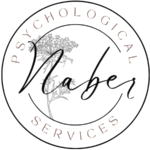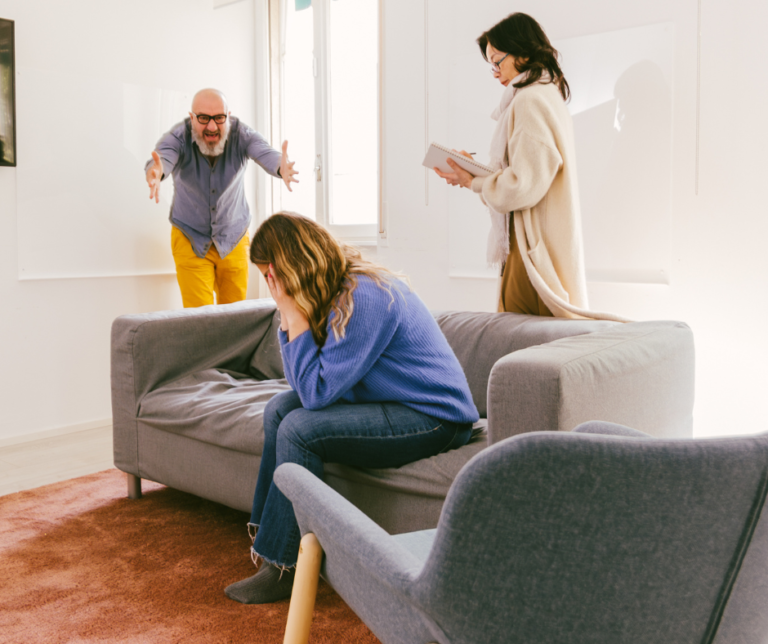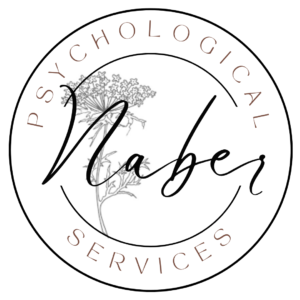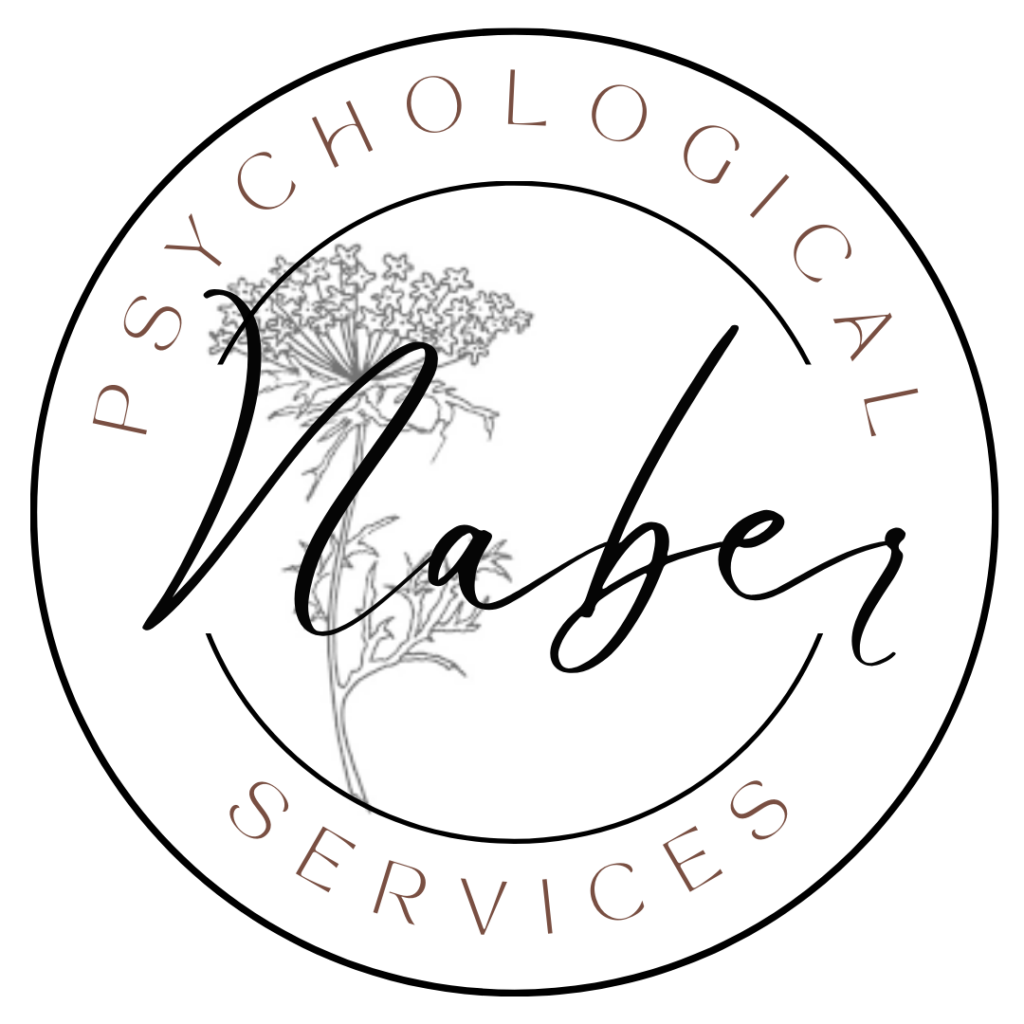Therapy can feel like one big question mark for many. Some find it life-changing, others feel like it doesn’t work for them. If you’re curious about whether therapy is right for you, the key lies in understanding what makes therapy effective and how to make the most of it.
It Starts with a Relationship
Are you feeling stuck and ready for a change? Maybe you’ve tried to handle things on your own, only to realize that you need an extra hand. Even deciding to explore therapy is a big and positive step! But long-term transformation often depends on a few main ingredients.
The foundation of impactful therapy is the bond between you and your therapist. A good therapeutic relationship is built on trust, empathy, and collaboration. Research shows that this relationship matters more than the specific type of therapy you’re attending. It’s about whether you feel comfortable, heard, and supported.
How to Make Therapy Work for You
Therapy takes effort—and the more you put in, the more you’ll get out of it. Here’s what can help make the experience valuable and effective for you:
- Find the Right Therapist
Seek someone who feels like a good fit for you. Many therapists offer consultations to help you decide, and it’s okay to move on if it doesn’t feel right.
- Stay Consistent
Start with regular, weekly sessions. Having that consistency builds momentum and helps you see progress faster.
- Be Honest and Open
Therapy works best when you share openly, even the uncomfortable stuff. It might take time to feel safe enough to do this, and that’s okay.
- Work Through Your Feelings
No one loves sitting with tough emotions, but it’s a crucial part of growth. If it feels overwhelming, ask your therapist for guidance—they’re there to help.
- Do the Homework
If your therapist suggests tools like journaling, mindfulness, or reading, give them a try! These practices often accelerate progress and deepen the impact of therapy.
- Understand the Process
Progress isn’t always linear. Digging into difficult emotions can make things feel heavier before they get lighter. Trust that this is part of the healing process.
What to Expect
Most people notice meaningful changes within three months of therapy, and growth only continues from there. By six months, many feel a solid improvement, along with the energy and tools to keep moving forward.
Therapy isn’t about reaching a single destination but about learning how to keep growing through life’s challenges. Change and happiness take time, and sometimes, pairing up with a therapist can make the process less overwhelming and more fulfilling.
If you’re ready to explore your potential, therapy can be the companion to help you along the way.





